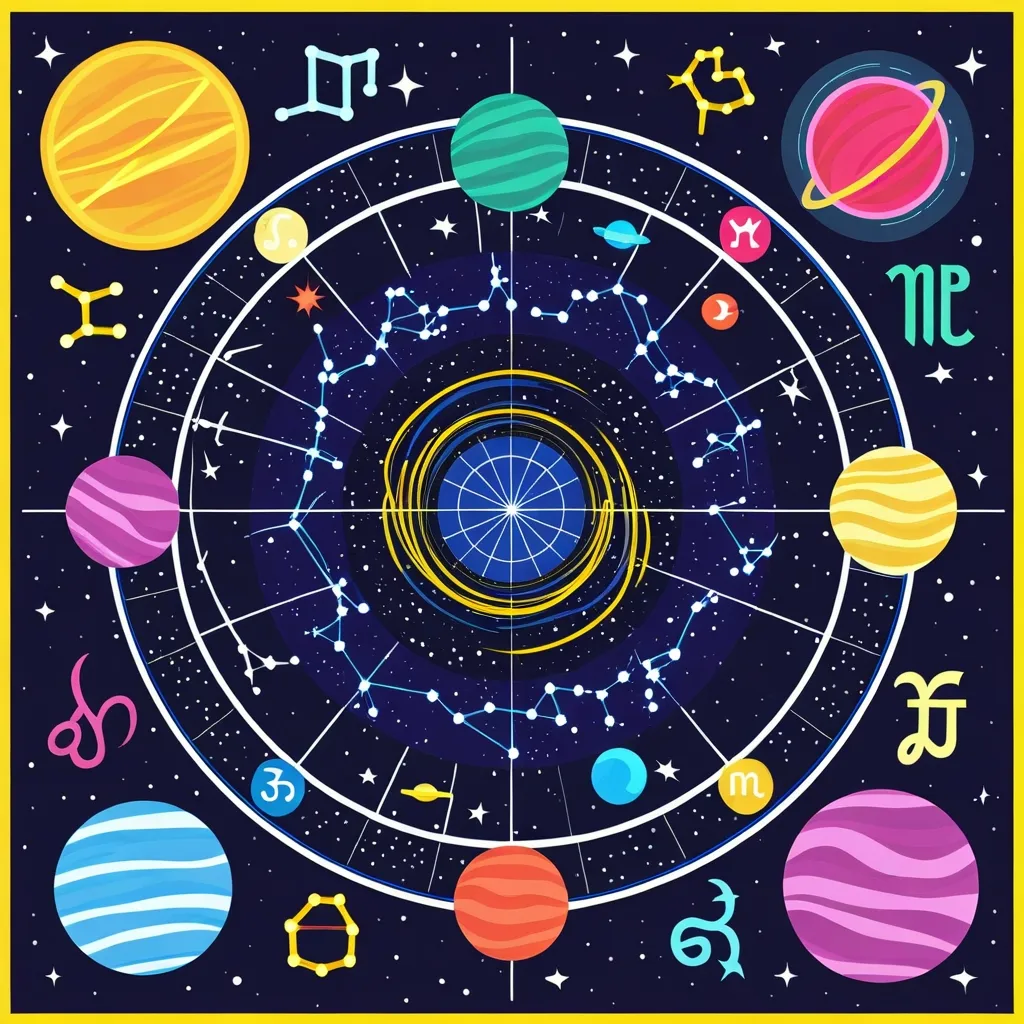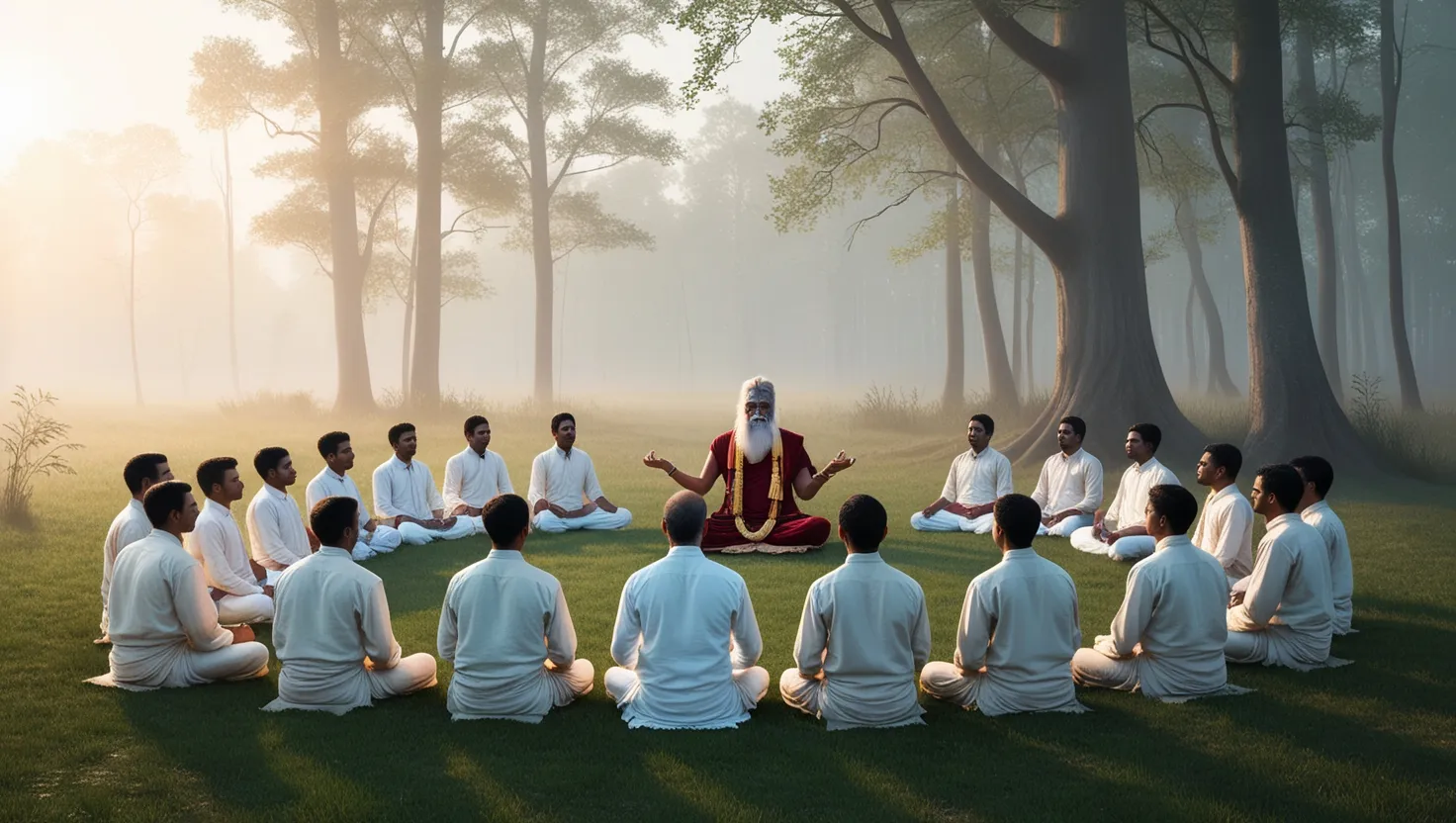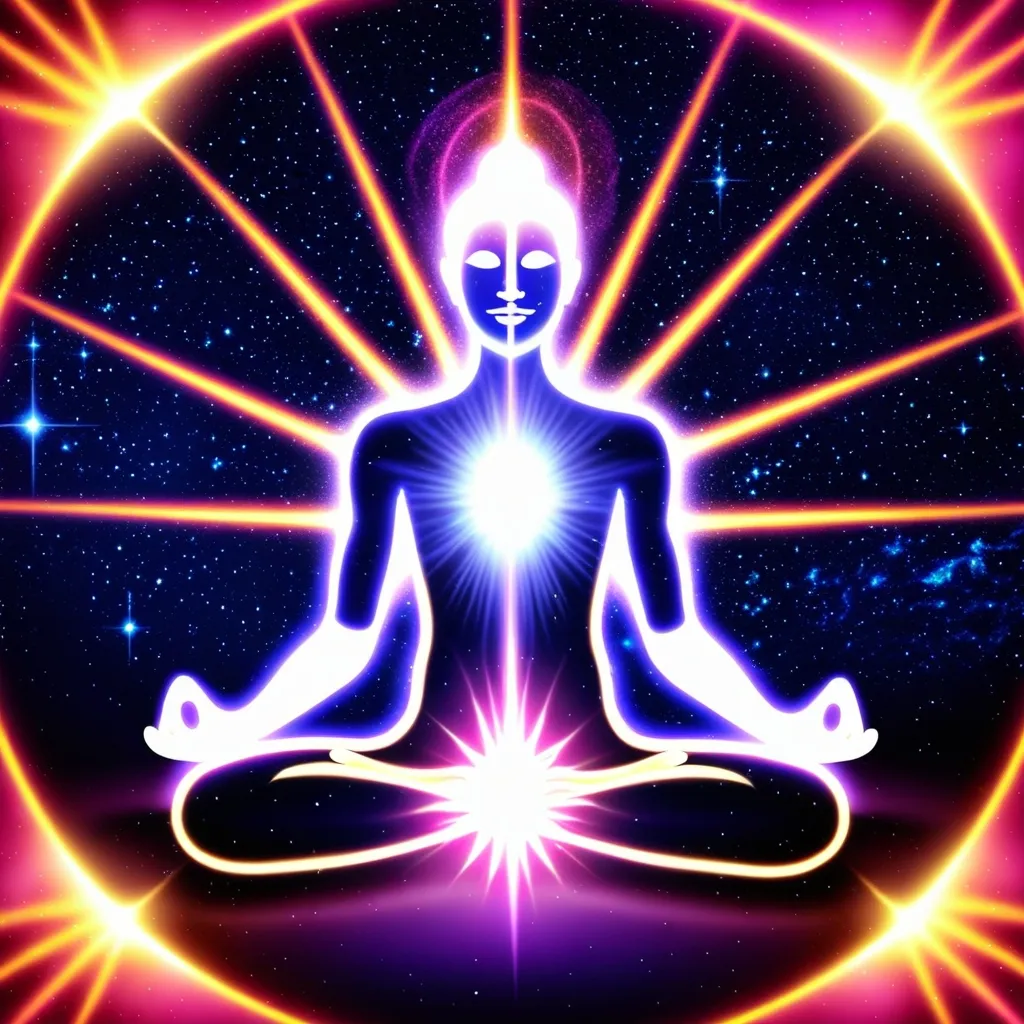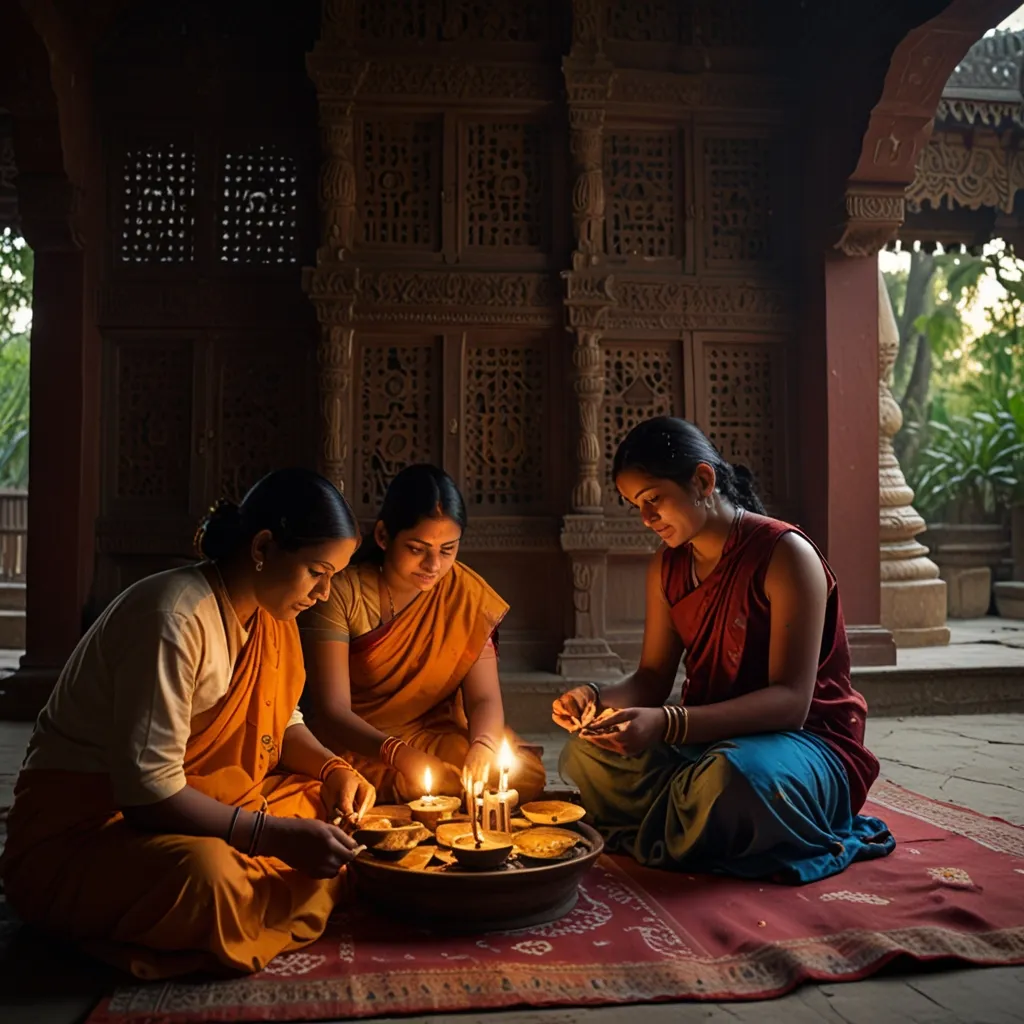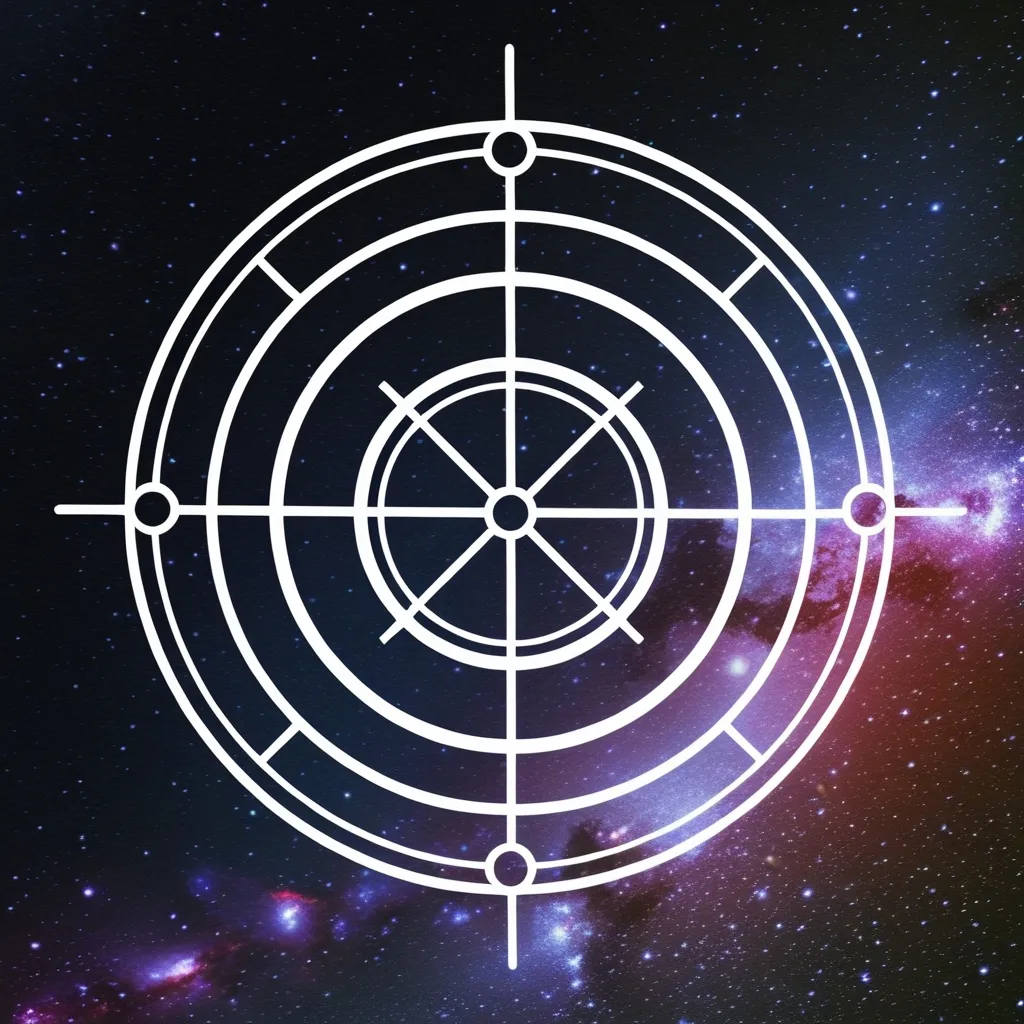Unveiling the Truth: Debunking Shocking Myths About Hinduism
Hinduism, one of the world’s oldest and most complex religions, has been shrouded in myths and misconceptions for centuries. It’s time to peel back the layers of misunderstanding and explore the fascinating reality behind this ancient faith.
Let’s dive into some of the most shocking myths about Hinduism and uncover the truth that lies beneath.
The 330 Million Gods Conundrum
You’ve probably heard that Hindus worship a staggering 330 million gods. Sounds crazy, right? Well, here’s the kicker – it’s not actually true. This number is more of a metaphor than a literal count.
Think of it this way: imagine you’re looking at a massive diamond. Each facet reflects light differently, but it’s all part of the same stone. That’s kind of how Hinduism views the divine. There’s one ultimate reality, often called Brahman, and all the different gods and goddesses are just different aspects of this one supreme being.
So, when you hear about Vishnu, Shiva, or Durga, they’re not separate gods in a crowded pantheon. They’re more like different personalities or roles of the same divine force. It’s a bit like how you might be a parent, a friend, and a professional all at once – different roles, same person.
Idol Worship: Not What You Think
Now, let’s talk about those colorful statues you see in Hindu temples. It’s easy to assume Hindus are worshipping these idols as gods themselves. But that’s not quite on the money.
These statues and images are more like focus points for worship. They’re not the gods themselves, but rather representations that help devotees concentrate their thoughts and feelings during prayer.
It’s kind of like how you might keep a photo of a loved one on your desk. You’re not worshipping the photo, but it helps you feel connected to that person. Same idea with Hindu idols – they’re tools for connecting with the divine, not objects of worship themselves.
The Sacred Cow Situation
Ah, the famous sacred cow of Hinduism. You’ve probably heard that Hindus worship cows, right? Well, not exactly. Cows are indeed revered in Hindu culture, but it’s more about respect and gratitude than actual worship.
Think about it this way: in many parts of India, especially in rural areas, cows are incredibly useful animals. They provide milk, their dung is used as fuel and fertilizer, and they help with farming. It’s no wonder they’re treated with such respect!
It’s a bit like how some cultures might revere horses or how we often treat our pets with great care. It’s not worship – it’s appreciation for an animal that contributes a lot to society.
One Size Doesn’t Fit All
Here’s a mind-bender for you: there’s no one “right” way to be a Hindu. Yep, you heard that right. Hinduism isn’t a monolithic religion with a single set of rules and practices that everyone follows.
It’s more like a big, colorful umbrella that covers a wide range of beliefs, practices, and philosophies. Some Hindus are strict vegetarians, while others aren’t. Some perform elaborate rituals, while others prefer quiet meditation.
This diversity is what makes Hinduism so rich and interesting. It’s not about following a strict set of rules, but about finding your own path to spiritual growth and understanding.
More Than Just a Religion
Here’s where things get really interesting. Many people think of Hinduism as just another religion, like Christianity or Islam. But it’s actually much more than that.
Hinduism is often described as a way of life, or “dharma.” This isn’t just about religious rituals or beliefs – it’s a whole framework for living a good, meaningful life.
It covers everything from how to treat others and live in harmony with nature, to how to find inner peace and grow spiritually. It’s like a guidebook for life, covering not just the spiritual stuff, but also moral duties, social responsibilities, and personal conduct.
The Scriptures: A Treasure Trove of Wisdom
Now, let’s talk about Hindu scriptures. These aren’t just religious texts – they’re a goldmine of philosophy, history, and moral teachings.
You’ve got the Vedas, which are some of the oldest known religious texts in the world. Then there are the Upanishads, which dive into deep philosophical questions about the nature of reality and the self.
And don’t forget the epic stories like the Ramayana and Mahabharata. These aren’t just entertaining tales – they’re packed with lessons about duty, loyalty, and what it means to live a righteous life.
Reading these scriptures is like having a conversation with some of the wisest thinkers in history. They’re not just telling you what to believe – they’re inviting you to think deeply about life’s big questions.
Daily Life and Rituals
So, what does everyday life look like for a Hindu? Well, it varies a lot, but many Hindus start their day with some form of worship or meditation.
This could be a simple prayer, a few moments of quiet reflection, or a more elaborate puja (worship ritual). It’s a way of setting a positive tone for the day and connecting with something greater than oneself.
Many Hindus also practice yoga, not just as exercise, but as a way to unite the body, mind, and spirit. It’s all about finding balance and inner peace in a hectic world.
Festivals: Celebrating Life and Community
Hindu festivals are something else. They’re not just religious events – they’re full-on celebrations of life, community, and culture.
Take Diwali, for example. It’s known as the festival of lights, and it’s a time when families come together to light lamps, share sweets, and celebrate the victory of light over darkness. It’s like Christmas, New Year’s, and a family reunion all rolled into one.
Then there’s Holi, the festival of colors. Picture this: streets filled with people throwing colorful powder at each other, music playing, everyone laughing and dancing. It’s a joyous celebration of spring and the triumph of good over evil.
These festivals are more than just fun – they’re a way of bringing people together, strengthening community bonds, and reminding everyone of important values and traditions.
Wrapping It Up
So, there you have it – a whirlwind tour through some of the biggest myths about Hinduism and the fascinating truths behind them. From the misconception about millions of gods to the reality of a diverse and inclusive way of life, Hinduism is far more complex and interesting than many people realize.
It’s a faith that encourages questioning, celebrates diversity, and provides a holistic approach to life. Whether through its philosophical teachings, daily practices, or vibrant festivals, Hinduism offers a unique and enriching path for those who seek to understand it.
Next time you hear someone talk about Hinduism, you’ll be able to see past the myths and appreciate the depth and beauty of this ancient tradition. Who knows? You might even be inspired to learn more about it yourself. After all, in a world that often seems divided, understanding different belief systems can bring us all a little closer together.

